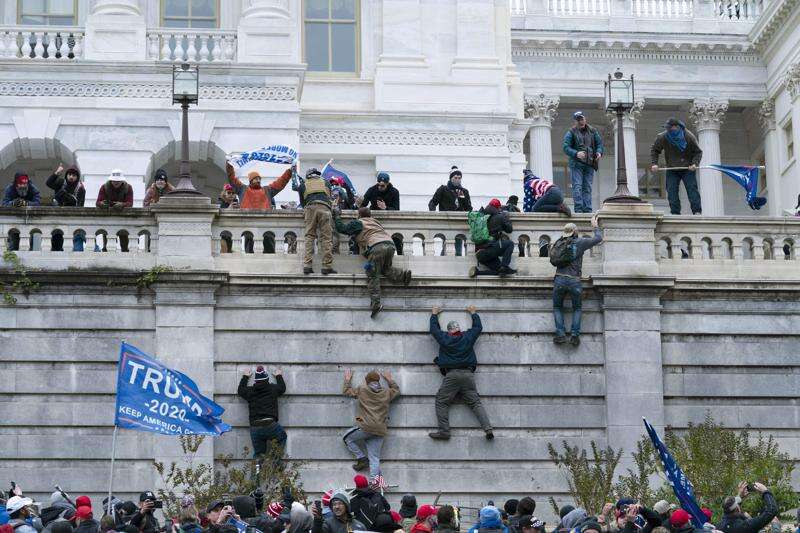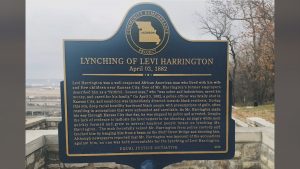Unfortunately, this committee will not be bipartisan because Republicans dispute the need for it
What happened at the U.S. Capitol on Jan. 6? The American people want to know, so the House of Representatives has established a select committee to study the insurrection. We were shocked by what we saw that day and we need to make sense of it.
This is familiar territory. Remember the attack on Sept. 11, 2001 and the resulting 9/11 Commission? It exposed serious weaknesses in our national security and recommended better coordination between the various agencies tasked with protecting this nation.
Before that was the assassination of President John F. Kennedy on Nov. 22, 1963. The country wanted to know how a single shooter could take the life of a beloved leader. Although a bipartisan commission answered many questions, there still is skepticism about the findings.
There are many other examples of efforts to make sense out of chaos. We also investigated the attack on Pearl Harbor in 1941, the presence of Communist spies in American government in the 1950s, and the explosion on the Space Shuttle Challenger in 1986 among other tragedies. The list goes on and on.
These commissions are part of a collective effort to answer questions and provide direction in the aftermath of the unexpected. In many ways, commissions bring closure to shocking events. We want consolation and to learn from what happened.
Today, we are at a crossroad on what to do about Jan. 6. Democrats are nearly unanimous in their support for a bipartisan commission. They believe that the country needs to know what happened and then improve security at the Capitol. In response, House Speaker Nancy Pelosi established a “select committee” to gather the facts and take testimony. But this committee will not be bipartisan or have the prominence of a national commission.
Each party is entitled to its own opinions, but not its own facts.
That’s because Republicans dispute the very need for a national commission. Let congressional committees investigate and propose legislation, is their response. They perceive a national commission as a political effort by Democrats to embarrass former President Donald Trump. Not surprisingly, the “select committee” has been challenged by Republicans as unnecessary.
And that’s the problem — two political parties with different scenarios of what happened. In truth, both parties have been masquerading their opinions as facts. That doesn’t work. To paraphrase the late Sen. Daniel Patrick Moynihan, each party is entitled to its own opinions, but not its own facts.
Without consensus on the facts, there’s little chance for a plan of action. To be sure, the select committee will gather information, prepare a report, and make recommendations. The effort will leave a record for posterity, but little in the way of a prescription for what ails us.
But all this isn’t an exercise in futility. Even if consensus isn’t possible, the select committee will bring a measure of transparency to the events of that horrible day. The result may not satisfy either side, but it will clear the air. And we shouldn’t dismiss the importance of gathering facts and opinions and making all that information available for posterity.
Consensus and closure on the events of Jan. 6 is unlikely in the near term, but a contemporary historical record of the events will be an invaluable asset for future generations. Just as we have learned from past commissions, so also will future generations learn from the forthcoming select committee.
Timothy Walch is director emeritus of the Hoover Presidential Library in West Branch and a member of the Iowa Historical Records Advisory Board. Twalch47@gmail.com.




